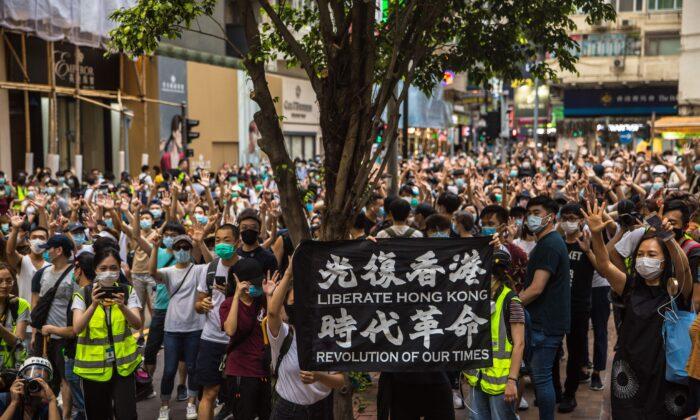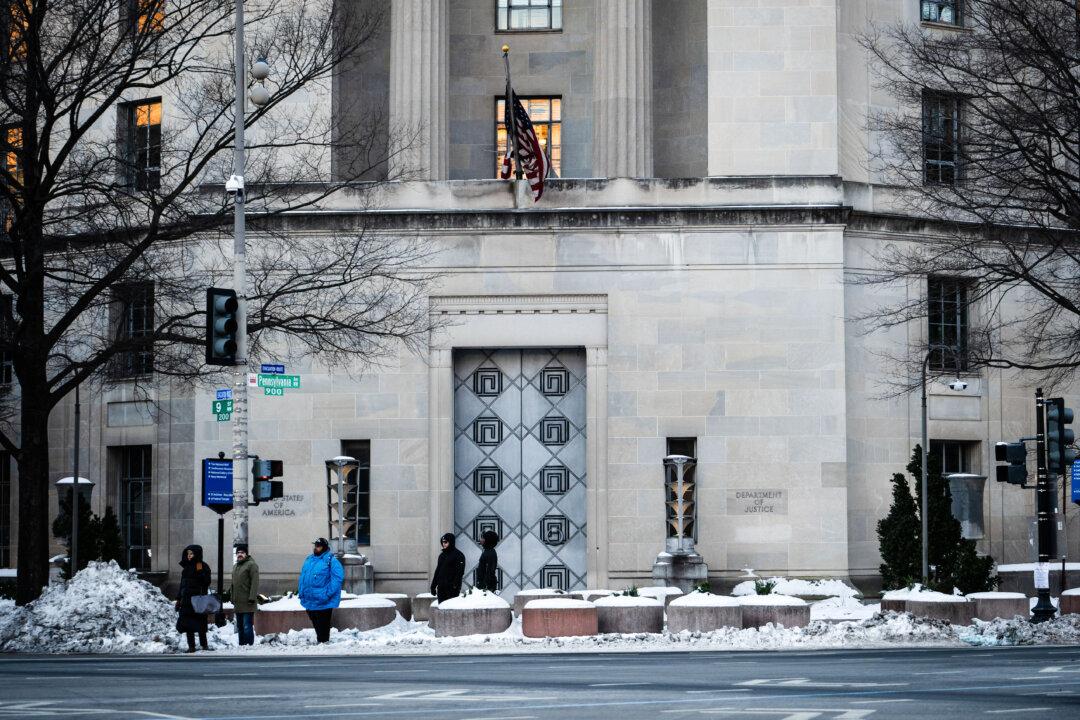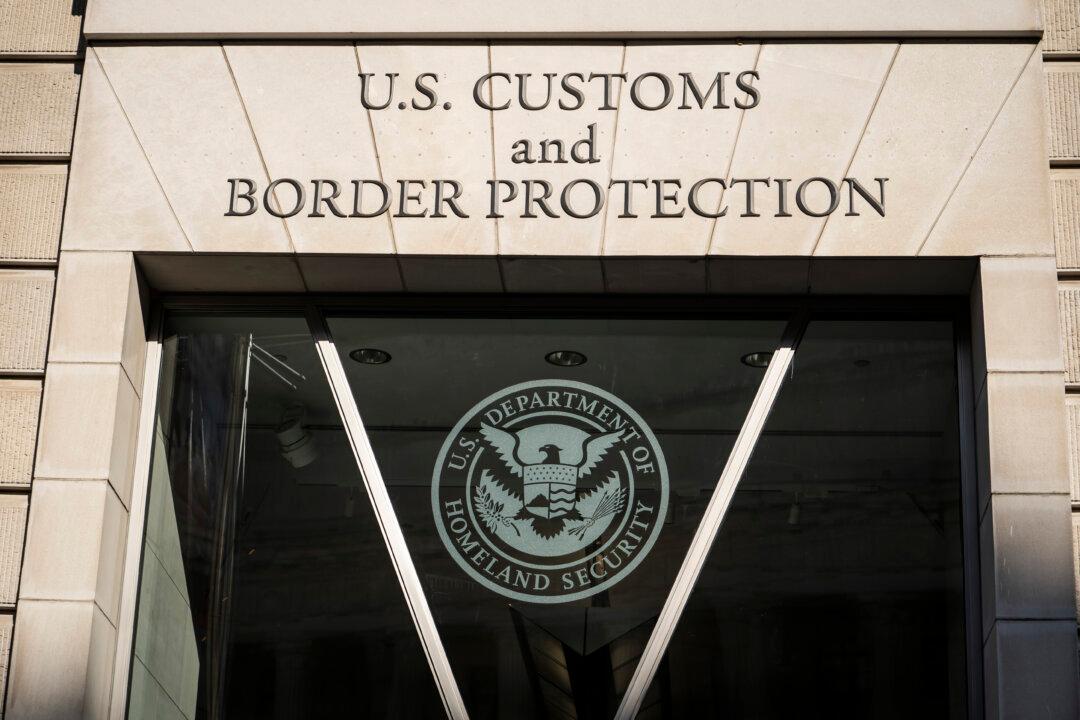Hong Kong authorities have outlawed a popular protest song from being played or sung on school grounds, on the same day Beijing’s national security agents set up an office in the Chinese-ruled city.
“Schools must not allow students to play, sing, or broadcast it [Glory to Hong Kong] in schools,” Yeung stated.
The mass protest movement ignited on June 9, 2019, when more than 1 million Hongkongers took to the streets to protest a since-scrapped extradition bill. The protests later evolved into a broader movement to oppose Beijing’s encroachment in their daily affairs, while calling for greater democracy in the city’s political system, such as universal suffrage in elections.
Yeung’s announced ban was part of a written statement he issued in response to questions raised by education sector lawmaker Ip Kin-yuen about students’ freedom of expression during a session of the city’s Legislative Council (LegCo) on July 8.
The song’s legality was in question as it contained the phrases “Liberate our Hong Kong” and “Revolution of our Time”—a popular protest slogan that was banned by the Hong Kong government on July 2.
Yeung alluded to the possibility that more protest activities could be banned, such as forming human chains, boycotting classes, and posting slogans. He claimed that individuals and groups “have deliberately misled and incited students to express their political stances” through these activities.
“The Education Bureau and schools are obliged to stop these acts,” Yeung stated.
On July 8, Beijing turned a hotel near Victoria Park in Causeway Bay into the new headquarters of its Office of Safeguarding National Security. An inauguration ceremony was held outside the hotel entrance in the morning under heavy security.
Victoria Park is a popular venue for protesters in Hong Kong to stage rallies and gather for marches.
The office was set up under a provision of the national security law. The office has sweeping power with immunity from local jurisdiction.





